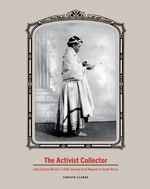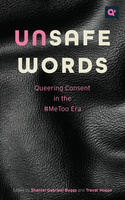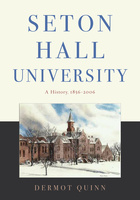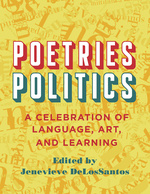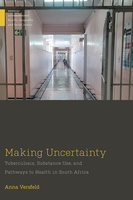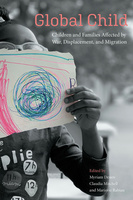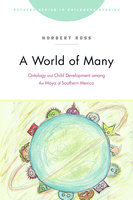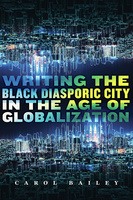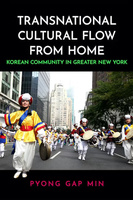
Bold Ideas, Essential Reading since 1936.
Rutgers University Press is dedicated to the advancement and dissemination of knowledge for a wide range of readers. The Press reflects and extends the University’s core mission of research, instruction, and service. They enhance the work of their authors through exceptional publications that shape critical issues, spark debate, and enrich teaching. Core subjects include: film and media studies, sociology, anthropology, education, history, health, history of medicine, human rights, urban studies, criminal justice, Jewish studies, American studies, women's, gender, and sexuality studies, LGBTQ, Latino/a, Asian and African studies, as well as books about New York, New Jersey, and the region.
Rutgers also distributes books published by Bucknell University Press.
The Activist Collector
Lida Clanton Broner’s 1938 Journey from Newark to South Africa
“After twenty-eight years of desire and determination, I have visited Africa, the land of my forefathers.” So wrote Lida Clanton Broner (1895–1982), an African American housekeeper and hairstylist from Newark, New Jersey, upon her return from an extraordinary nine-month journey to South Africa in 1938. This epic trip was motivated not only by Broner’s sense of ancestral heritage, but also a grassroots resolve to connect the socio-political concerns of African Americans with those of Black South Africans under the segregationist policies of the time. During her travels, this woman of modest means circulated among South Africa’s Black intellectual elite, including many leaders of South Africa’s freedom struggle. Her lectures at Black schools on “race consciousness and race pride” had a decidedly political bent, even as she was presented as an “American beauty specialist.”
Unsafe Words
Queering Consent in the #MeToo Era
Seton Hall University
A History, 1856–2006
In this vivid and elegantly written history, Dermot Quinn examines how Seton Hall University was able to develop as an institution while keeping faith with its founder’s vision. It also tells the stories of the people who shaped the university and were shaped by it: the presidents, the priests, the faculty, the staff, and of course, the students.

